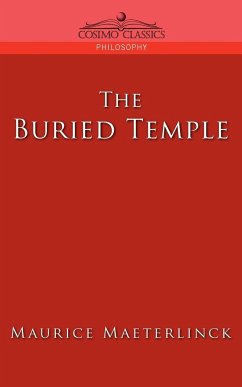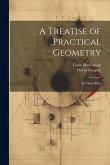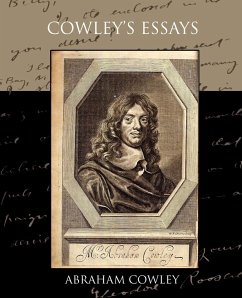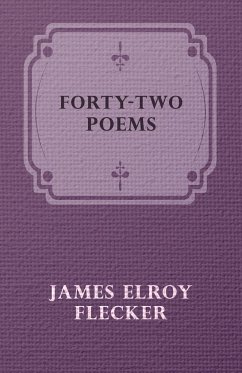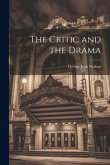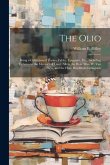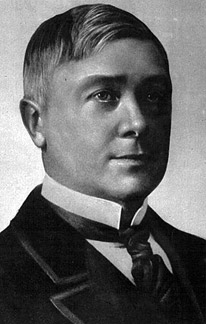Originally published in 1910, Maurice Maeterlinck's THE BURIED TEMPLE is written with the author's characteristic care and thoughtfulness. A series of insightful five essays, it displays unique insights and graceful perception into the life of the spirit. Essays included in this collection are Mystery of Justice; Evolution of Mystery; Kingdom of Matter and The Past; Luck. Maeterlinck's writing is characterized by clear and simple expression with a subtle suggestion rather than a direct expression of ideas and emotions. THE BURIED TEMPLE is ideal for readers who see a purpose in life and value their personal ideals. MAURICE MAETERLINCK (1862-1949) was born in Belgium, into a prosperous Catholic family. He was closely associated with the French literary movement of symbolism, which used symbols to represent ideas and emotions. The author of more than 60 books replete with suggestions of universal mystery and auras of impending doom, Maeterlinck's work as a whole can be read as a symbolist manifesto. He was awarded the Nobel Prize for Literature in 1911.
Hinweis: Dieser Artikel kann nur an eine deutsche Lieferadresse ausgeliefert werden.
Hinweis: Dieser Artikel kann nur an eine deutsche Lieferadresse ausgeliefert werden.

